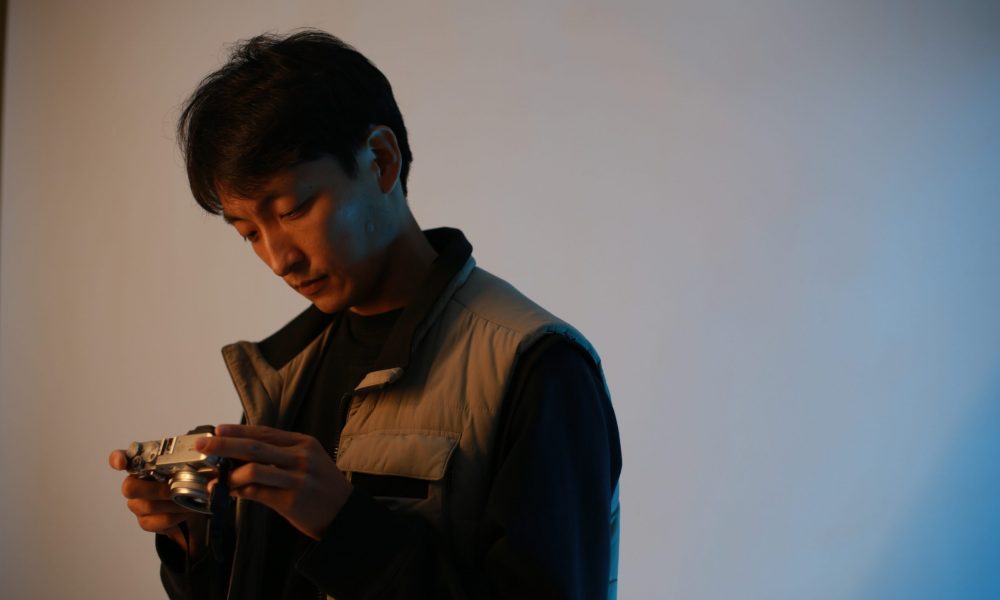

Today we’d like to introduce you to Shi-Hyoung Jeon.
Hi Shi-Hyoung, we’re thrilled to have a chance to learn your story today. So, before we get into specifics, maybe you can briefly walk us through how you got to where you are today?
I have a short film that I never want to share with anyone, which I shot with a Mini DV tape camcorder when I was 18. Back then, I was not interested in film at all. My interest lay more in math and history. However, by chance, I ended up shooting a short film in my high school’s movie club, and it turned out to be much more challenging thing than I had anticipated. The outcome was very embarrassing for me.
I have a personality trait where once I start something, I feel the need to see it through to completion. This experience ignited a curiosity in me about filmmaking. I was also drawn to the collaborative nature of the filmmaking. Studying for exams and preparing for university exams were things I had to do alone, but filmmaking is a thing that requires teamwork, and I found that aspect intriguing. That’s how it all started.
Afterward, I went to the Korea National University of Arts for BFA in Filmmaking. I took on the role of a cinematographer a lot among my colleagues. Analyzing the script, understanding the director’s intentions, and lovingly looking at characters were so exciting. I have always been captivated by individuals and their stories. Furthermore, cinematographers need to adapt their approaches depending on the story and the director, like chameleon. We must have a plastic mind. I can’t help loving this.
After graduating, I began working in the Korean feature film industry. My first project as an AC was ‘Parasite’. I consider myself very lucky because my university friend was ‘Parasite’ team’s BBE, and he informed me that camera team is looking for the new AC for Bong Joon-ho’s new film. So I ran into them, had an interview, joined the team, and started prep. After crank-up, I worked on five more feature films as an AC. However, at a certain point, I felt a strong desire to broaden my horizons globally. I wanted to expand my horizons; meeting more diverse cultures and stories. That’s when I decided to move to L.A. for Cinematography MFA at AFI. Now, I am about to graduate and eager to embark on my career in both L.A. & Seoul.
I’m sure it wasn’t obstacle-free, but would you say the journey has been fairly smooth so far?
Asphalt roads appear to be smooth from a distance, but up close, they are bumpy. Someone might look at my resume and think I’ve walked a smooth and successful path: Korea’s top film school, being part of the ‘Parasite’, winning awards for short films, and going to US’s top film school. However, at the starting points of each of these experiences, there were attempts to step out of my comfort zones, akin to taking a gamble. These were moments that I had to let go of everything I had built up.
For example, when I moved to LA for AFI, I had to let go of my AC career and the networks I had established in Korea’s film industry. Korean society changes rapidly, and there are many talented filmmakers who want to work as part of a camera team or become cinematographers. In other words, there are people who can quickly replace me. Additionally, some directors whom I worked with were starting to prepare their small feature films. Not only that, there were lots of people around me who opposed my decision. Moreover, nowadays the Korean film industry is globally competitive. Therefore, studying abroad does not guarantee success in Korea. The anxiety stemming from these factors troubled me more than the difficulties that come from language and the new environment. I am often concerned, ‘What if the path I gave up on was actually a much better choice?’ These concerns made me very uneasy but also made me work hard to avoid regret.
Currently, I am truly satisfied. Especially in LA, unlike Korean society, I have the opportunity to encounter diverse races, genders, and cultures. I do believe that this is crucial for a cinematographer who deals with storytelling.
Alright, so let’s switch gears a bit and talk business. What should we know about your work?
I do Cinematography(Director of Photography). However, I’m trying to think about myself as a ‘Visual storyteller’ more than ‘Cinematographer’. On set, I feel more happy when I can be absorbed into the story and the character’s emotions. Those are the things that attract me.
I think one of my strengths as a cinematographer is that I have a good balance between three jobs; Artist, Technician, and the Leader. I believe that a cinematographer needs to do those three jobs on production. We need to interpret the story with visual & artistic tools, we need to solve technical things, and also we need to lead the set. Fortunately, I had many chances to practice the foundation of visual storytelling language from many short films in film schools. Also, my AC career gave me confidence about technical things. And I saw how big directors and DPs lead the set in various budget sizes of productions. Additionally, I think the experience of being a squad leader of the recon unit in DMZ during the mandatory service is also quite helpful in leading the set efficiently.
Recently, I shot three shot films at AFI. One of them is ‘STUCK’ (Director Giselle, Producer Tianyu), and it is shot with 35mm film. It is about a man being freed from habitual desires by castrating himself. Actually, most of my previous works were tended to more focus on creating a realistic world, down-to-earth and stable atmosphere. I usually tried not to overpower and exaggerate the image. However, on this project, I tried to escape from my previous works. I tried to do different approaches to depict the story with the below words; bizarre, absurd, grotesque, and impressionistic. I finished this project and I am very satisfied with my tries and the result.
We’re always looking for the lessons that can be learned in any situation, including tragic ones like the Covid-19 crisis. Are there any lessons you’ve learned that you can share?
It’s more like experience rather than lessons. Due to Covid-19, I had to postpone my planned move to the U.S. by a year, which unfortunately meant that I could not renew the lease for the apartment. So, my wife, two children and I moved to my parent’s house. During this time, my grandfather was in the last stage of colon cancer, and my parents took care of him in their home. In other words, there were seven of us living in one house. We were taking care of two young kids and an old grandfather.
This period of my life brought about profound experiences and deep contemplation on the topics of life and death. Being old and growing up are as different in temperature, texture, vitality as winter and spring. Especially the smell is truly distinct. Although it may not have provided me with significant lessons, I hope to someday incorporate or portray these sensory experiences on screen.
Contact Info:
- Website: shihyoungjeon.com
- Instagram: shihyoung_setlife
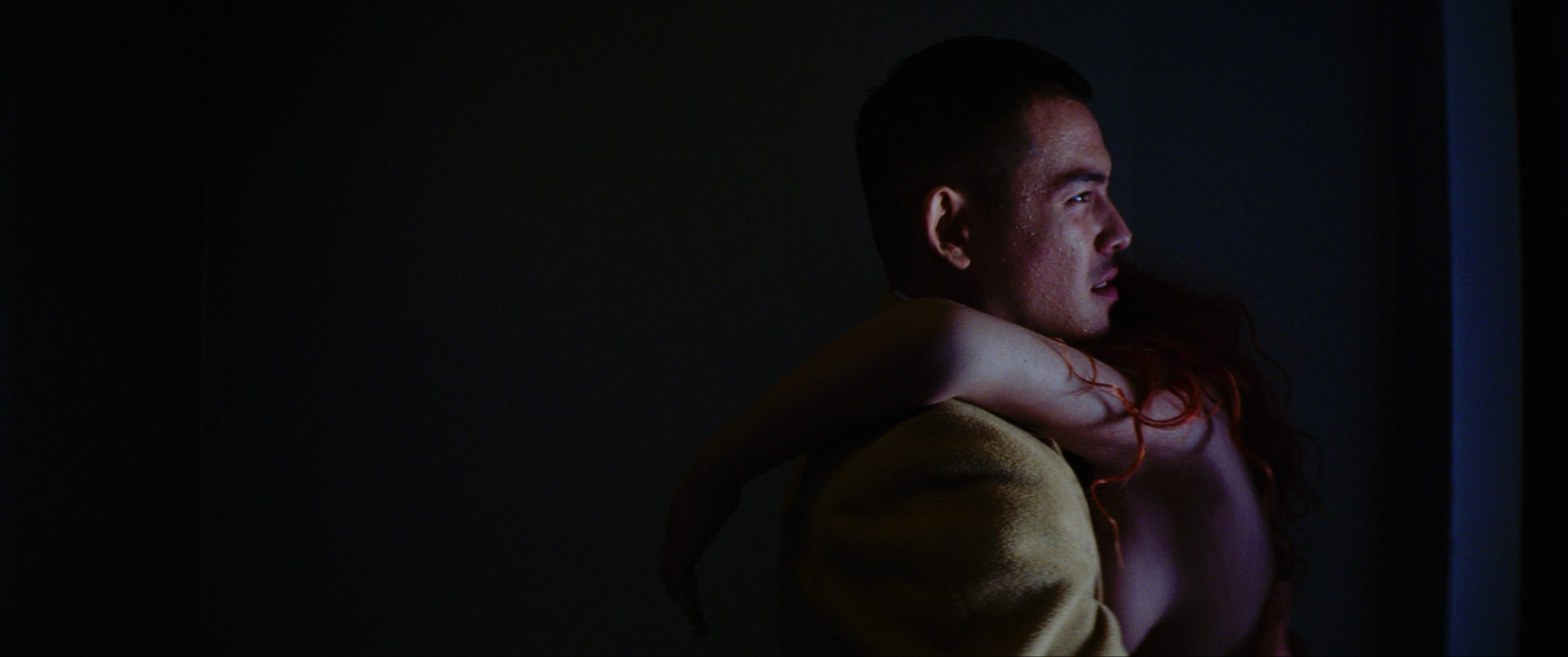

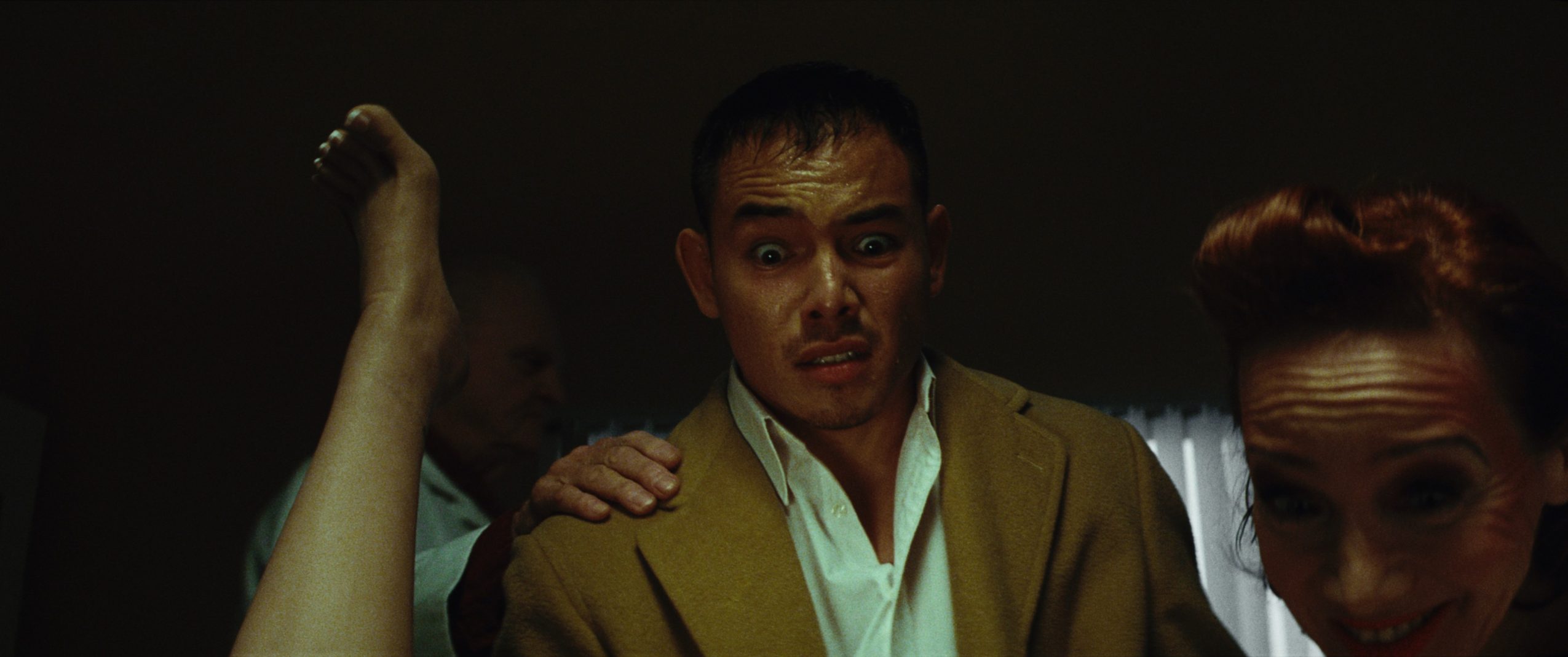
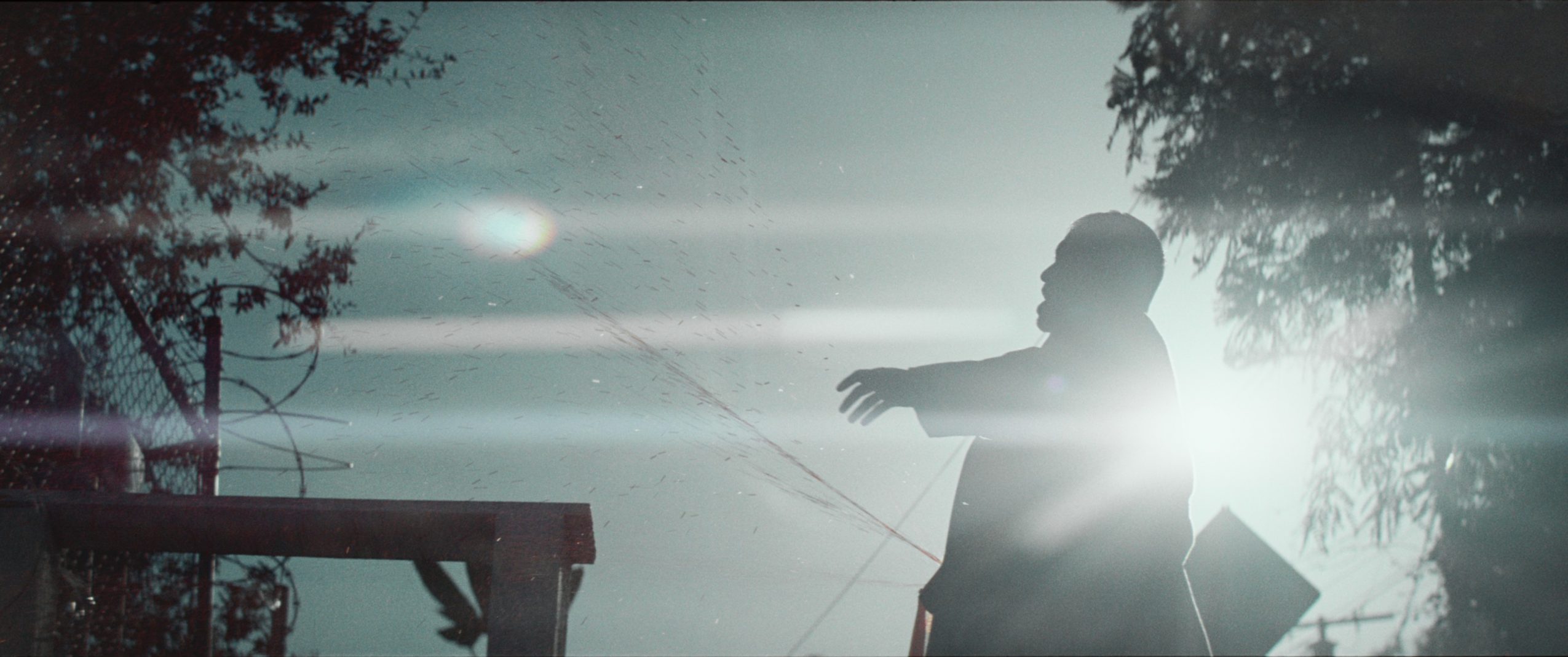
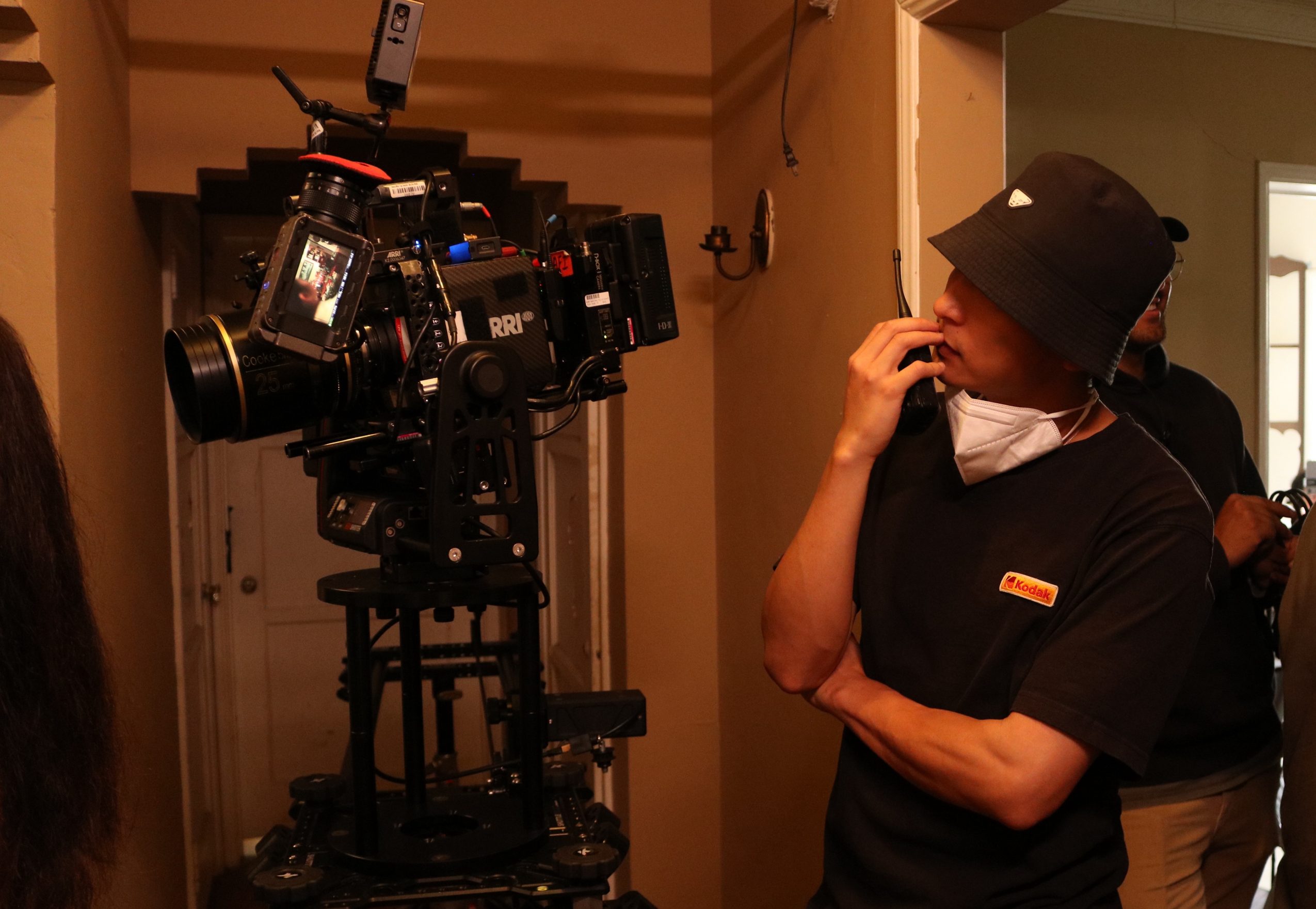
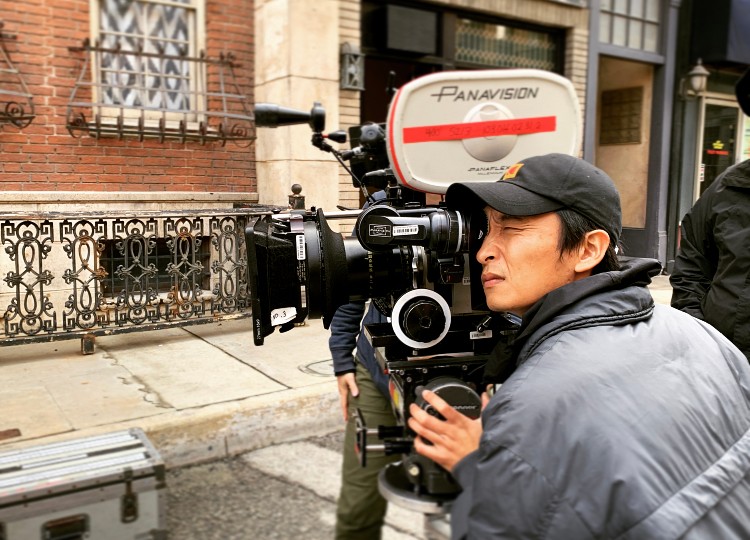
Image Credits
Sika Stanton Carolyn Schaumburg














